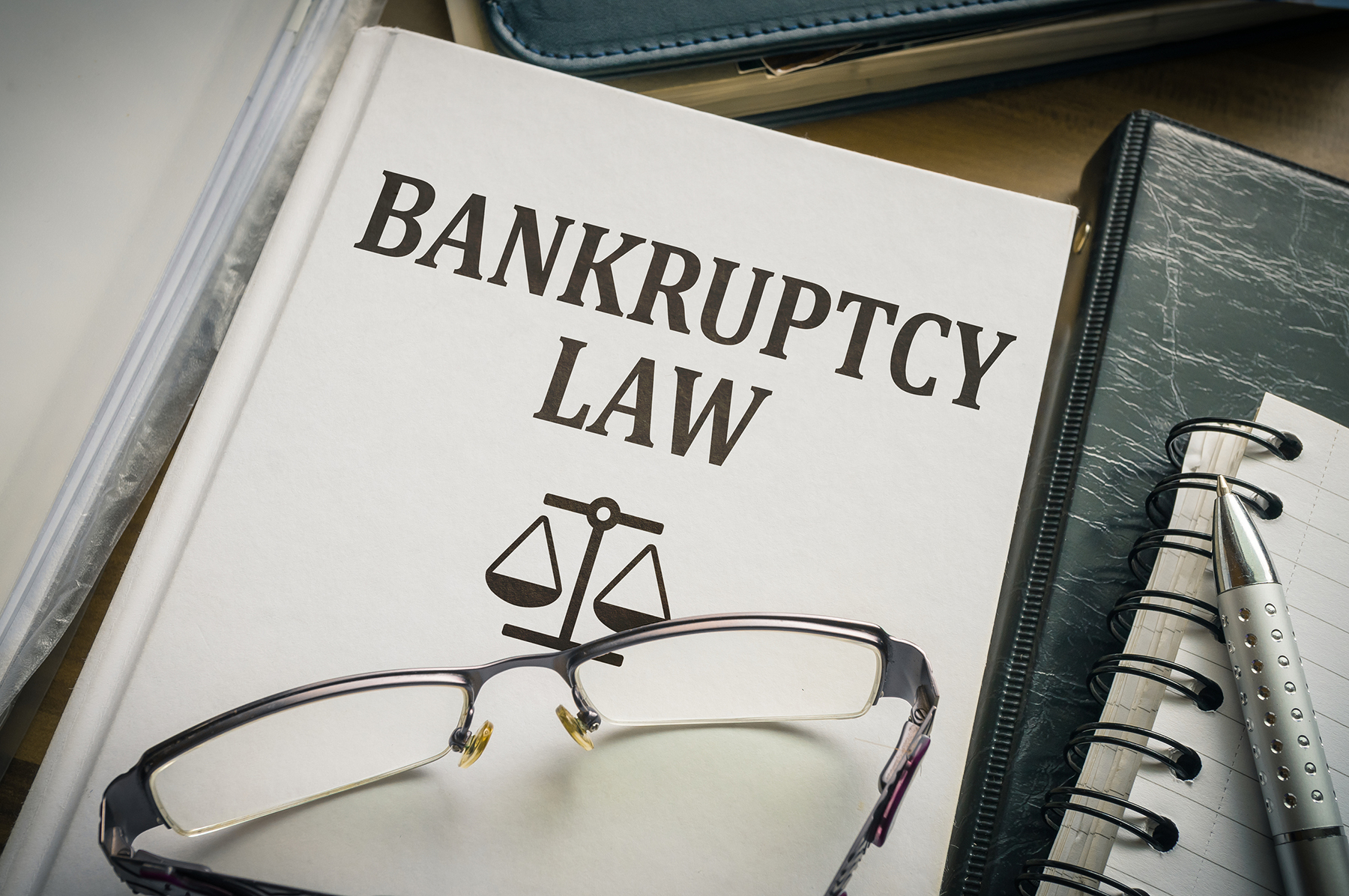A major concern for many Nevada residents in debt is that filing for bankruptcy will cause them to lose what little property they have left. In fact, bankruptcy is about protecting debtors so they can make a “fresh start” free of crippling debt. It would make little sense to strip debtors of everything they have and expect them to rebuild from nothing.
Federal or State Rules?
For that reason, when an individual files for bankruptcy under Chapter 7 or Chapter 13, he or she can exempt many assets from the bankruptcy process. An exempt asset does not need to be turned over to the court-appointed bankruptcy trustee. Nor can a creditor seize or demand possession of any exempt asset.
Since bankruptcy is governed by federal law, Congress has established a default set of exemptions. But individual states are free to make their own lists of exemptions. States can also decide whether to let their residents choose between the federal and state lists. Nevada, however, requires its residents to use only the state exemptions.
Protecting Your Home and Car
So, what are the Nevada exemptions? For many people, the most important asset they have to protect is their home. Nevada permits a $550,000 “homestead” exemption. This means you can protect up to $550,000 in equity that you hold in the real property or mobile that you use as a primary residence. You cannot use the homestead exemption to protect a second home or a residential property that you rent out to other people. You must also file a Declaration of Homestead with Clark County prior to seeking bankruptcy protection.
Please note the homestead exemption protects you against unsecured creditors in bankruptcy. It does not undo a mortgage or tax lien against your home. And if your property is worth more than the exemption amount, you may be forced to sell, although you are entitled to keep up to $550,000 from the sale proceeds.
Nevada also exempts up to $15,000 of equity in your car. As with the homestead exemption, this does not protect you against a secured claim (i.e. your car loan), and it is possible you will have to pay your creditors or the bankruptcy trustee for any equity above the exemption amount.
Personal Property Exemptions
The homestead exemption applies only to the property and buildings, not the contents. Nevada separately exempts up to $12,000 in “household goods.” This includes furniture, electronics, clothing used for everyday wear, yard equipment, and other “personal effects.” This exemption covers your personal property and anything owned by one of your children or other dependents. If the value of all household goods exceeds $12,000, you may decide which property to exempt and which to surrender.
Separately, there is a $5,000 exemption for private libraries, art works, musical instruments, and jewelry. As with household furnishings, you can choose which items to keep if the total amount exceeds $5,000. You are also permitted to keep “all family pictures and keepsakes” regardless of value.
Income, Retirement, and Wild-Card Exemptions
Nevada bankruptcy exemptions also protect your wages from garnishment. The minimum exempt amount is the greater of 75 percent of your disposable weekly earnings or 50 times the federal minimum wage, which is currently $7.25 per hour for a 40-hour workweek. Practically speaking, this means you must be allowed to keep at least $362.50 per week in earnings, although most debtors will be allowed to exempt more. The bankruptcy court also may permit a low-income debtor to keep a higher amount of wages depending on the circumstances of the case.
As for other sources of income, most types of public benefits – including workers’ compensation and unemployment insurance – are exempt from bankruptcy. Any court-ordered spousal or child support is also exempt. Most insurance benefits, such as the payout of a life insurance policy, are exempt. Federal law further exempts many types of retirement accounts, including 401(k) plans, traditional IRAs, and Roth IRAs.
Finally, Nevada allows a $1,000 “wild-card” exemption to be used towards any kind of property, including cash or equity in property.
Do You Need Help from a Clark County Bankruptcy Lawyer?
In many cases, Nevada’s bankruptcy exemptions protect just about all of a debtor’s assets. This means that a debtor can exit bankruptcy free of debt with his or her property intact. It is also important to get legal advice from a Las Vegas bankruptcy attorney who can help you keep as much of your property as possible.
Call the Law Office of Erik Severino today at 702-997-4149 to schedule a free consultation with an experienced bankruptcy lawyer who will give you the personal attention your case deserves.


